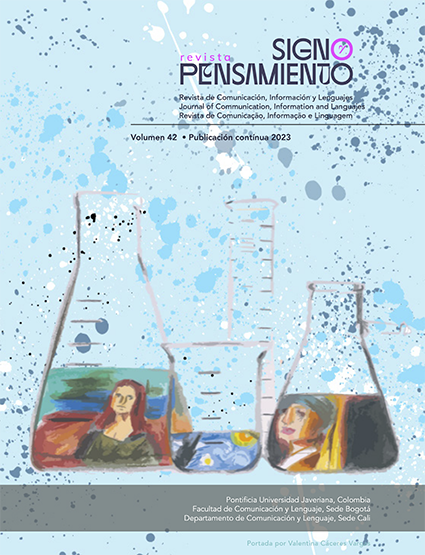Abstract
The purpose of the article is to make a critical approach to the challenges currently presented
by the study of popular cultures in Latin America. For this, some of the problems that led to
this object of study occupying a secondary place compared to subalternity studies are
explored, leaving a blind spot for the understanding of dynamics that are determining some of
the great social commitments of Latin America. Subsequently, the importance of addressing
the production of the common in culture is explained, especially through collective meanings
and emotions, in order to understand how the popular transits between different global, local,
virtual, and face-to-face orders. Therefore, a redefinition of the notion of translocality is
proposed, as well as the use of the notion of worlds of meaning to study the production of
intermedial narrations, from the perspective of authors such as Jesús Martín Barbero and
Hermann Herlinghaus.

This work is licensed under a Creative Commons Attribution 4.0 International License.
Copyright (c) 2023 Brenda Díaz Vargas, Óscar Hernández Salgar


